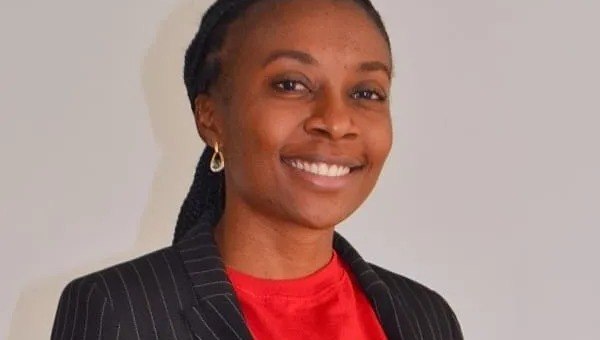The Use of the Military for Humanitarian Response
by Nastassja Biles
On June 20th, 2017 the Guarini Institute for Public Affairs hosted a panel discussion titled The Use of the Military for Humanitarian Response. The distinguished speakers for this event were Vincenzo Camporini, Vice President of the Istituto Affari Internazionali and Thomas M. Duffy, Chargé d’Affaires at the U.S. Mission to the U.N.

Professor Federigo Argentieri
The President of John Cabot University, Franco Pavoncello said that interventions have become more frequent and complex since the 1980s. At the same time, not intervening can prove disastrous as in the case of Rwanda. The Rwandan genocide saw hundreds of thousands being slaughtered under the acquiescent eye of the international community. Federigo Argentieri, the Director of the Guarini Institute and moderator of the event, talked about the UN’s original mission to defend world peace shifting towards the humanitarian field, leaving issues of peace and security to regional organizations such as NATO. However, Argentieri also emphasized the great numbers of failed interventions giving examples such as Somalia, ex-Yugoslavia, and Rwanda.
Vincenzo Camporini continued the discussion by saying that the concept of intervention began with Somalia when the UN monitored the first ceasefire after the civil war in the 1990s and provided the population with humanitarian aid. The concept of intervention however, was not formally established until 1995 with the wars in the Balkans and the birth of R2P (Responsibility to Protect), when all the UN member states committed to help prevent genocide, war crimes, and crimes against humanity. He said that back then large amounts of people were being killed in the Balkans by their own government, not very different from Syria today Camporini stated that the military is an instrument of foreign policy, and must only be used when there is a clear idea of what the use of force will accomplish. He also made the strong statement that “Generals cannot solve political problems,” meaning that military force is a means to an end but never a solution to a conflict, which must be solved diplomatically. Camporini also brought up the possible problems that come after military intervention. The chaos in Iraq after the 2003 invasion and political upheaval in Libya after the 2011 intervention are just a few examples of failed post-war strategy. There is also the risk of manipulation of military force for purposes other than humanitarian intervention, such as the claims that the United States intervening in Iraq was not for humanitarian purposes but instead to gain political power in the Middle East. This history of past failures could partly explain why the UN is reluctant to intervene in Syria.
Thomas M. Duffy stated that the Trump administration has not articulated its view on R2P or humanitarian intervention, specifying that everything he said came from a personal point of view and not that of the United States government. For Duffy, America feels less constrained in the use of force than its European counterparts. Duffy reminded everyone that the Security Council was barely active between the 1950s and the 1990s and that it only came to life after the end of the Cold War. He also reminded the audience of the time when the UN Charter was drafted, at the end of the Second World War, which had the highest number of casualties in history. The concept of R2P, though not called so at the time, dated as far back as abolitionist and antislavery movements, which were attempts to help oppressed peoples far before the international agreement to do so. However, there was also the European “responsibility to protect” through colonialism in the 19th century, during which Europeans thought they were doing colonies a favor by “civilizing” them. Since Duffy’s area of specialty is food security, he mentioned that there are currently four famines and ten food disasters occurring worldwide, and that most of them are located in conflict areas. This demonstrates the importance the UN’s role in non-military humanitarian interventions in order to provide aid to people in these regions. Like Camporini, he talked about how conflicts can only be resolved diplomatically and stated that “All wars begin and end in politics.”





